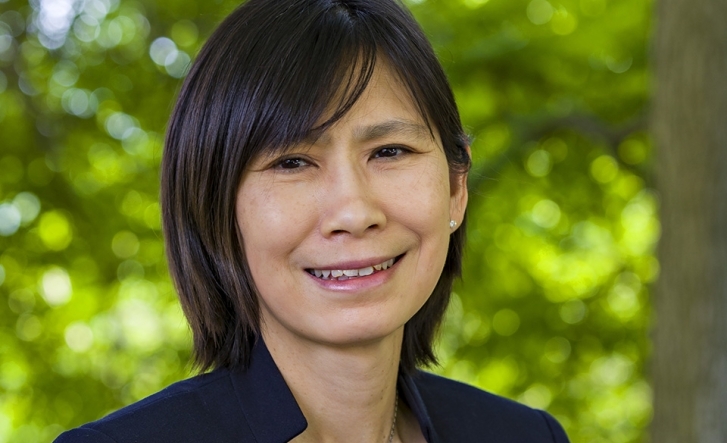Vikas V. Dukhande, Ph.D.
In his quest to study the connection between diabetes and a rare form of epilepsy known as Lafora disease (LD), an assistant professor at St. John’s University has been awarded a grant from the National Institutes of Health (NIH) for research that may lead to more effective treatments for millions of diabetes sufferers.

In his quest to study the connection between diabetes and a rare form of epilepsy known as Lafora disease (LD), an assistant professor at St. John’s University has been awarded a grant from the National Institutes of Health (NIH) for research that may lead to more effective treatments for millions of diabetes sufferers.
“There are treatments for diabetes, but we do not yet have a cure,” said Vikas V. Dukhande, Ph.D., Assistant Professor of Pharmacology, Department of Pharmaceutical Sciences, and the principal investigator of the grant application. “However, by applying our knowledge of LD, we hope to find targets that can ultimately lead to the development of drugs to treat diabetes. In essence, we are linking a very rare disease to a very common one.”
The total grant amount of $492,000 came through the Support of Competitive Research (SCORE) Pilot Project Award (SC2) program of the National Institute of General Medical Sciences, a branch of the NIH.
“The NIH SCORE grant will support research to help understand the mechanisms of diabetes and, ultimately, how to better manage the blood sugar levels in Type 2 diabetes,” said Vijaya L. Korlipara, Ph.D., Professor and Chair, Department of Pharmaceutical Sciences. “This grant will greatly enhance the department’s research environment and profile, and students will benefit from participating in an NIH-funded project.”
“St. John’s continues a progressive track record in securing competitive NIH SCORE grant awards,” said Jared E. Littman, Director of the Office of Grants and Sponsored Research. “I commend Dr. Dukhande and the research community within the College of Pharmacy and Health Sciences for their supportive efforts to build a stronger research culture at the University.”
Dr. Dukhande, who joined the faculty of St. John’s University in 2015, began his research on LD as a postdoctoral fellow at the University of Kentucky.
LD is a genetic, glycogen-metabolic form of epilepsy. In patients stricken with LD, the body cannot process glycogen—the stored form of glucose (sugar) that the body warehouses in the liver and muscle cells for future use. This disease typically strikes patients between 10 to 18 years of age and results in death 10–15 years later. There is no cure for Lafora disease.
Type 2 diabetes affects approximately 27 million people in the United States alone. This chronic condition is the result of consistently high levels of sugar in the blood.
While diabetes and Lafora disease are very distinct diseases, they share one characteristic—both have disturbances in the processing of sugars by the body.
“Even though we have medications to manage diabetes,” said Dr. Dukhande, “in-depth molecular understanding of its metabolic processes is needed. At a molecular level, there are intricate connections between the two diseases that are clearly evident.”
The NIH grant covers Dr. Dukhande’s research on hormonal regulation, signaling, and functions of proteins involved in Lafora disease and diabetes.



